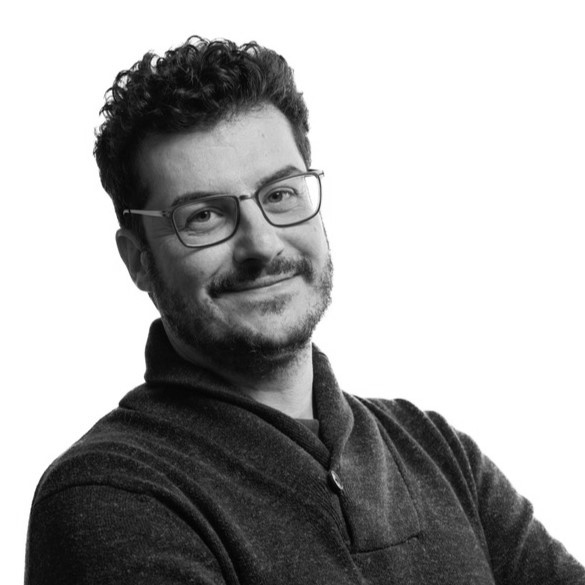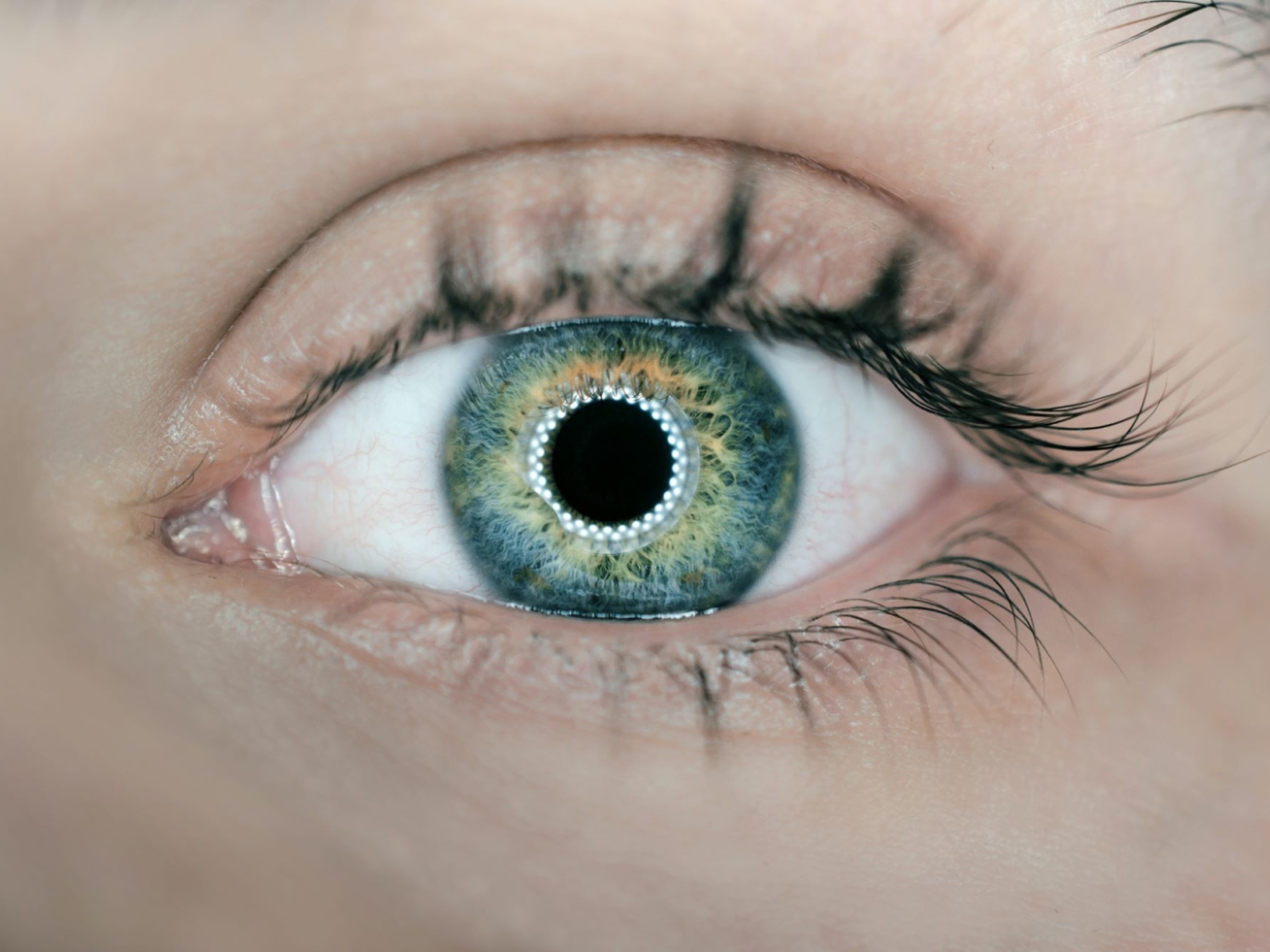The cryptocurrency Worldcoin, the digital currency created by Sam Altman, one of the founders of artificial intelligence giant ChatGPT, continues to create buzz. This week, the Kenyan government launched a commission of inquiry to understand the impacts of this new currency, after blocking user registration that took place through a retina scanning system, the Orb.
In Germany, the Bayerisches Landesamt für Datenschutzaufsicht, the Bavarian state office for data protection supervision, has concluded that there are numerous risks associated with the handling of data by Tools for Humanity, the company that launched Worldcoin, based in Erlangen, Bavaria. Meanwhile, however, more people are signing up to have a piece of the future on their cell phones, downloading the app and logging in with Orb.
Signing up for Worldcoin with Orb
In fact, Worldcoin is not just any cryptocurrency, perhaps not even a blockchain-based currency, but a kind of new global citizenship passport and a possible universal income mechanism. To register and get tokens, it's necessary to download the Worldcoin app and authenticate yourself by scanning your retina into one of the 1,500 Orbs, or spheres that act as eye scanners, now available in many countries, from Hong Kong to Brazil to South Korea, via Spain, Germany, France and Singapore (in Italy there are no Orbs available at the moment).
Those who register and authenticate receive free up to 25 coins (currently worth about 30 euros) and a unique digital ID tied to their retina, which can be used as AI advances in the future as a system of distinction and serves as a first attempt to create a supra- and post-national identity, a dream of many digital utopia theorists.
The Orb. Photo credit: Worldcoin website
What is Worldcoin and what is it used for?
Altman's idea behind Worldcoin is a complex one: as advances in artificial intelligence make it increasingly difficult to distinguish between human and artificial textual and graphical content, Tools for Humanity proposes to solve this dilemma by introducing a kind of digital passport, based on what he calls “personality proof,” while at the same time working on a social draft, namely to create a universal social financial system.
Founders Alex Blania and Sam Altman write, “The goal is to create a financial and digital identity network owned by everyone that can significantly increase economic opportunity, provide a reliable solution to distinguish humans from AI online while preserving privacy, enable global democratic processes, and ultimately show a potential path to universal AI-funded income.”
Criticism and risks
After a period of beta testing, the currency has been operational since July 24, and numerous “followers” of the idea are working to gather supporters in various countries. In cities such as Nairobi or Hong Kong thousands of people have queued for hours to be scanned and get registered, with the main goal of collecting free Worldcoin. So much for the growing privacy concerns that have emerged in the past few weeks.
The first to attack Worldcoin was the founder of the cyptocurrency Ethereum, Vitalik Buterin, who claimed that iris scans by the platform could collect more information than the company lets on, or that someone could potentially scan someone else's iris to find out if they have a World ID.
The company reiterated that privacy is one of their main concerns and that no personal data “is disclosed by default, allowing each owner to decide what (if any) personal data to share with third parties when using World ID.”
Nothing different, apparently, from what is collected by an iPhone with facial recognition or any social app such as Instagram or TikTok, which can collect data for high-level marketing profiling. In addition, the scanning data is immediately transformed into the blockchain registry number, Iriscode, which is the basis of World ID.
Less discussed, however, has been the proposal to offer Worldcoins in those countries where Universal Basic Income (UBI) could be an unprecedented breakthrough (or a major risk to political stability). Underlying this is a mechanism for redistributing Worldcoins through certified grants that can be disbursed to any human being (equipped with a WorldApp). For those who registered on July 24, two certificates of 10 and 3 Worldcoins were issued.
The Orb, the inside. Photo credit: Worldcoin website
Who funds Worldcoin's universal income?
Funding the UBI would not come directly from the Worldcoin protocol, but from a separate funding source, such as a share of the profits generated by artificial intelligence services (e.g. ChatGPT) or from other forms of collateral or levy (maybe a microtax on digital currency transactions?).
According to the Worldcoin Whitepaper, however, there is the possibility of setting an annual inflation rate of 1.5 percent, essentially taxing existing Worldcoin token holders. So anyone who invests in Worldcoin would support, along with donors and token holders and along with the value generated by AI machines, the UBI by donating a mere 1.5 percent of asset value. The Worldcoin-related foundation has promised to make protocols and technologies open and available, opening up new possibilities that will be explored in the future to create a “new world economic system.”
Worldcoin, not just a currency but a financial network
In Kenya, where registration with the Orb was blocked in mid-August and a government commission was opened, thousands of people waited in line in the days following the launch to receive the “free coins.” The hype spread immediately among the most enthusiastic. The malls where the Orbs are located filled with young students but also women with children in tow who came from remote villages with the promise of an additional economic resource in a country where the average wage is less than €200 a month. Similar queues have occurred in India and Indonesia.
Worldcoin, in addition to being a currency, aims to become the world's largest financial and human identity network, giving ownership to all, regardless of background (although we are unlikely to see Orb in North Korea), creating the first post-national global identity, and creating a system of protection from artificial intelligence. A very ambitious promise, perhaps too much so. But on paper at least, the idea is one of the most interesting and potentially revolutionary. As long as it does not turn into a nightmare.
Image: Unsplash



